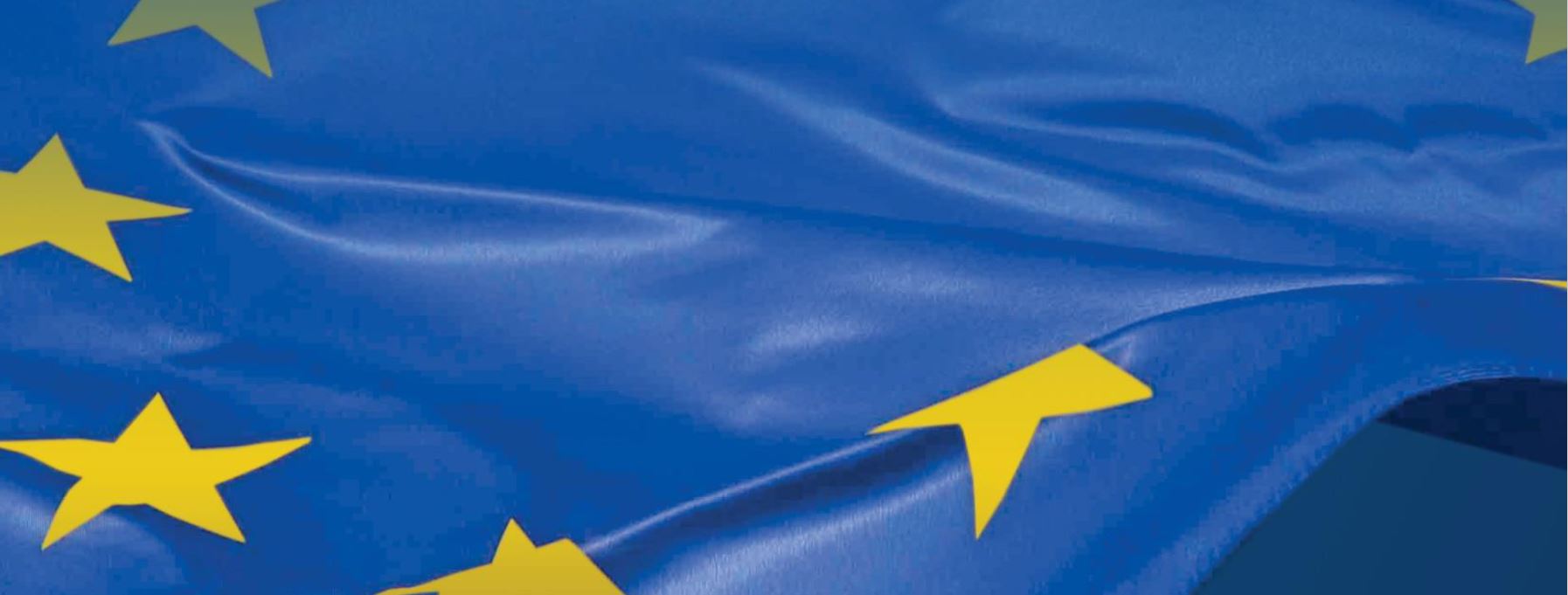The European Social Fund Plus (ESF+) Mini Toolkit
Using the ESF+ for actions to combat poverty and social exclusion of children
Over the past year, Eurochild has provided support and expertise on child poverty as part of the ESF Transnational Cooperation Platform (2020-2022). One outcome of this platform is a mini-toolkit, which aims to support and encourage the use of the European Social Fund Plus (ESF+) for actions to combat poverty and social exclusion of children.
The toolkit has been developed from peer-to-peer training events that focused on combatting poverty and social exclusion of children, in the context of the emerging European Social Fund Plus (ESF+). It is designed for those managing or implementing the ESF+, including managing authorities, intermediate bodies, relevant ministries, public bodies responsible for protecting children, stakeholders (in particular children’s organisations), and relevant policy and desk officers in the European Commission.
This mini-toolkit is divided into three sections:
- Lessons learned from measures funded under the previous ESF and case studies
- ESF+ Regulation and funding (2021-2027)
- A checklist on programme actions to combat poverty and social exclusion of children
The key objectives of the toolkit are:
- To ensure that the ESF+ is used to address poverty and social exclusion of children
- To make key elements of the ESF+ Regulation accessible to relevant actors
To provide a good practice checklist to help in designing programmes and preparing calls
The ESF+ Regulation was established in June 2021 and provides a broader scope of funding opportunities than its predecessor. This Regulation sets out the objectives of the ESF+, the budget for the period 2021 to 2027, the methods of implementation, the forms of EU funding and the rules for providing such funding. It aims to encourage greater investment and more projects addressing the social inclusion of children. Notably, the Fund for European Aid to the most Deprived (FEAD) has been integrated into the ESF+, allowing greater synergies between these funds to address child poverty.
With an overall financial envelope of nearly EUR 99 billion (in current prices), the ESF+ will support investment in job creation, education and training, social inclusion, access to healthcare, and measures for eradicating poverty in the EU. The ESF+ also links to National Recovery and Resilience Plans.
It is expected that the ESF+ will contribute to the implementation of the European Child Guarantee, which aims to ensure that all children in Europe who are at risk of poverty, social exclusion, or otherwise disadvantaged have access to good quality essential services. The Child Guarantee specifically focuses on early childhood education and care, healthcare, education, nutrition, housing, culture and leisure activities. Member States with a level of child poverty above the EU average (23,4% - AROPE 2017 – 2019) are compelled to allocate 5% of ESF+ resources to tackle child poverty. On the other hand, all the otherMember States are required to allocate an appropriate amount of their ESF+ resources to combat child poverty. Funding under the ESF+ may be used to test or upscale initiatives to improve access to these services or enable more effective use of national, regional, and local budgets. In addition, the ESF+ should be used to help Member States develop new or improved mainline services and programmes to better reach children at risk of poverty or social exclusion.
If you would like further information on the ESF Transnational Cooperation Platform, ESF+ or the mini-toolkit, please do not hesitate to contact Ally Dunhill, Eurochild Head of Advocacy.



